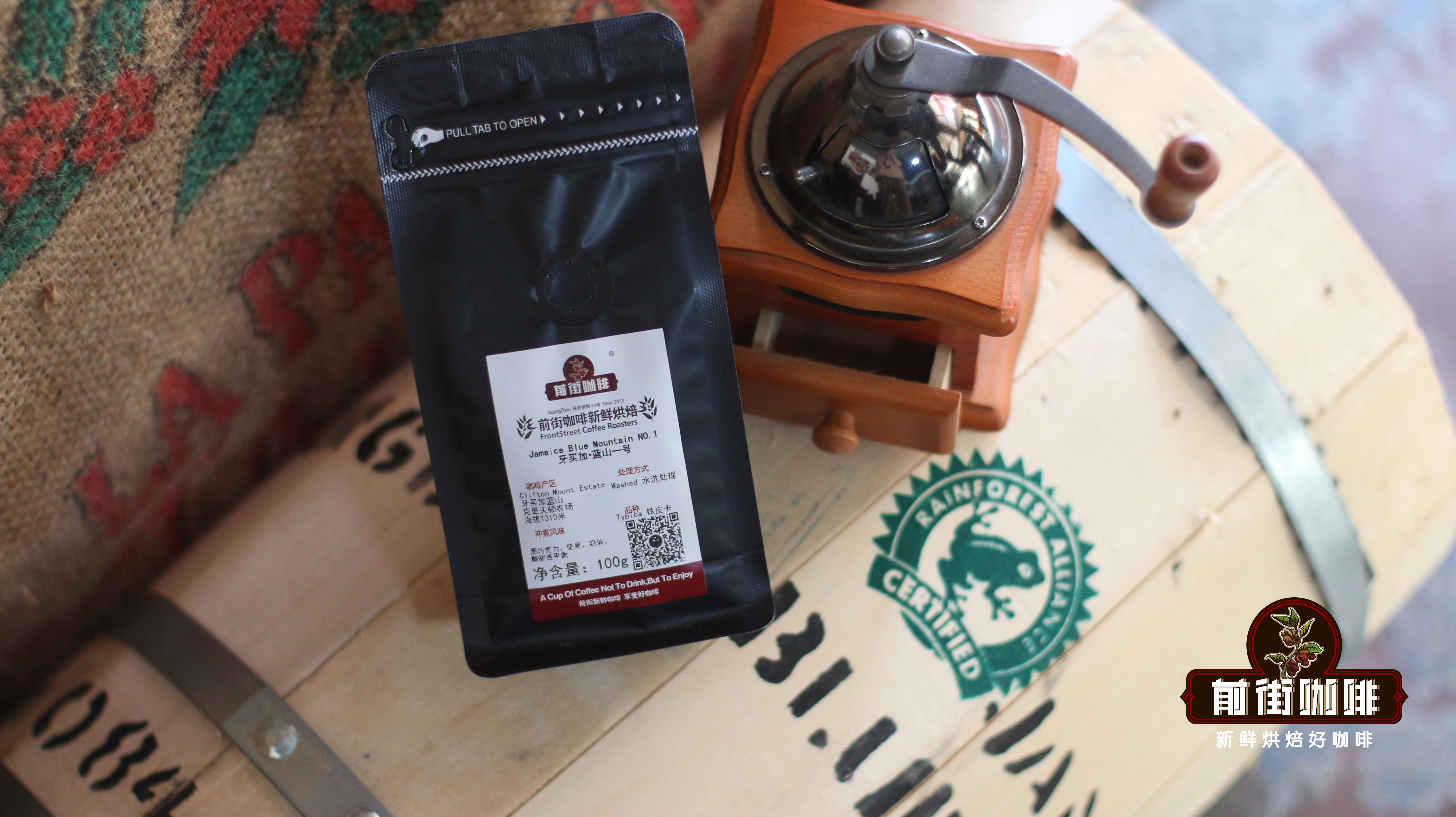Boutique Coffee-Sumatra Manning (Sumatra Mandheling)
Mantenin coffee beans have a strong aroma and low acidity, with a hint of herbs and earth.
The Dutch introduced Arabica seedlings to Ceylon (present-day Sri Lanka) and Indonesia for the first time in the 17th century. In 1877, a large-scale coffee rust hit the Indonesian islands, destroying almost all coffee trees. People had to give up Arabica, which had been in operation for many years, and introduced Robsta coffee trees with strong disease resistance from Africa. Indonesia today is a big coffee producer, with robusta species accounting for 90% of the total output. Indonesian coffee is mainly produced in Java, Sumatra and Sulawesi, all of which belong to volcanic topography. Sumatra Manning is the only Arabica species that grows mainly on hillsides between 750m and 1500 m above sea level. Mantenin coffee beans have a strong aroma and low acidity, with a hint of herbs and earth. Mantenin coffee beans have large particles and hard beans, and they are prone to defects in the process of planting and processing. After harvest, they are usually subject to strict manual selection. If the control process is not strict enough, it is easy to cause a mixture of good and bad. Therefore, it has become a controversial single product.
The Origin of Manning's name
Mantenin is not the name of the producing area, the place name, the port name, nor the coffee variety name. In fact, it is the phonetic error of the mandheling people in Mandaining, Indonesia. During the Japanese occupation of Indonesia during World War II, a Japanese soldier drank mellow coffee in a cafe, so he asked the owner the name of the coffee. The boss mistakenly thought he was asking where you were from, so he replied: Mandaining. After the war, the Japanese soldiers recalled the "manning" they had drunk in Indonesia. As a result, the coffee merchant shipped 15 tons to Japan, which was very popular. That's how Manning's name got out.
Lin Dong Lintong and Manning Mandheling
The best of the traditional Arabica coffee produced in northern Sumatra is sold as Lindong Lintong and Manning Mandheling. To be exact, Lindong refers to the coffee that grows in a small area southwest of Lake Toba in Lindong District. Lindong coffee is not planted in shade and does not use chemicals. Manning is a broader term that includes Lindong coffee and coffee grown in the northern part of Lake Diari and Lake Toba under similar conditions.
Gold manning, collection manning
Golden Mantenin: the granules of Mantenin coffee beans are larger and the beans are hard, and it is easy to have defects in the production process, resulting in uneven quality. For this reason, producers adopt stricter quality control, and after four times of manual picking of beans, they eliminate defective beans to produce golden mantenin with dark green color, uniform bean appearance and stable quality.
Manning Agedmandheling: it is called "classic" because raw coffee beans need to be stored in the cellar for three years before they are produced. The successful collection beans grind off Manning's inelegant sour taste, and the sour ingredients are ripe and converted into sugar, making the coffee more round and sweeter.
Important Notice :
前街咖啡 FrontStreet Coffee has moved to new addredd:
FrontStreet Coffee Address: 315,Donghua East Road,GuangZhou
Tel:020 38364473
- Prev

Fine Coffee-Yunnan small Coffee
Yunnan is the main coffee bean producing area in China. Yunnan is located in the subtropical mountain climate zone south of the Tropic of Cancer, with unique plateau red soil, fertile and loose soil and mild climate, which is especially suitable for growing small-grain coffee. Yunnan coffee was first introduced by French missionaries in 1902. Up to now, there are still 24 coffee trees with more than 90 years old in Zhukula Township, Binchuan County. Rui Lijing, 1914
- Next

What grade does the taste of Jamaica boutique coffee beans-Blue Mountain Coffee (Blue Mountain Coffee) belong to?
Blue Mountain Coffee, the best coffee. Blue Mountain Coffee has full bean shape and high quality. Its taste is very subtle, sour, fragrant, mellow, sweet even and strong, slightly bitter, harmonious taste, excellent flavor, mellow throat rhyme is even more interesting.
Related
- Guji coffee producing area of Guji, Ethiopia: Humbela, Shakiso, Wulaga
- What is the most expensive variety of Qiloso in BOP multi-variety group?
- How to store the coffee beans bought home?
- Why are Yemeni coffee beans so rare now?
- Ethiopian Sidamo all Red Fruit Sun Sun Santa Vini Coffee beans
- SOE is mostly sour? What does it mean? Is it a single bean? what's the difference between it and Italian blending?
- Is Italian coffee beans suitable for making hand-brewed coffee?
- How to choose coffee beans when making cold coffee? What kind of coffee beans are suitable for making cold coffee?
- Just entered the pit to make coffee, what kind of coffee beans should be chosen?
- Can only Japan buy real Blue Mountain Coffee? What are authentic Jamaican Blue Mountain coffee beans?

